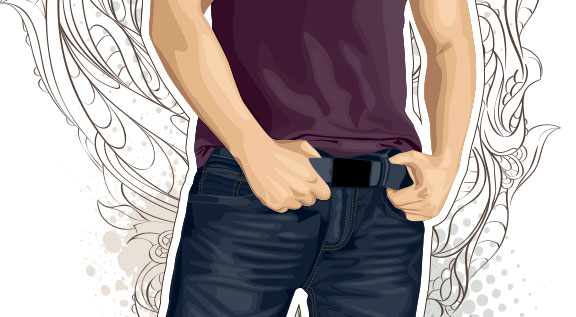In the mid-1980s, Boston University psychologist David Barlow, PhD, and his colleagues conducted a series of studies to examine the relationship between anxiety and sexual arousal. They found that men with and without sexual problems reacted very differently to anxiety-inducing threats of mild electric shock.
Men who reported having no trouble getting and maintaining erections, says Barlow, “would believe that they were going to get shocked if they didn’t get aroused, so they would focus on the erotic scene.” The result was that the threat of shock actually increased sexual arousal. But men who had sexual problems responded to the threat of shock very differently, says Barlow. “Their attention would be so focused on the negative outcomes that they wouldn’t be able to process the erotic cues,” he explains.
Since those initial studies, Barlow and his collaborators have been trying to tease apart the factors that distinguish men with and without sexual problems. One of the key differences, he says, is that men with sexual arousal problems tend to be less aware of how aroused they are.
Another difference has to do with how men react to instances when they can’t become aroused, says Barlow. “Males who are able to get aroused fairly easily seem unfazed by occasions where they can’t get aroused,” he notes. “They tend to attribute it to benign external events–it was something they ate, or they’re not getting enough sleep–not as characteristics of themselves.” In contrast, men with arousal problems tend to do just the opposite, thinking of every instance of difficulty as a sign of a long-term internal problem, either physiological or psychological, he says.
This is a snippet of an article written:
By ETIENNE BENSON
www.apa.org

